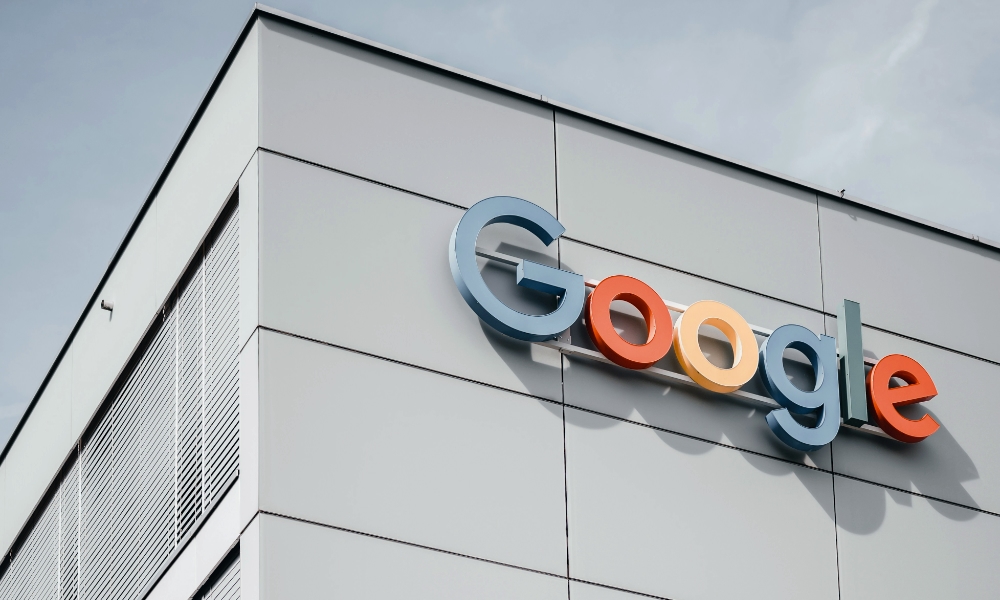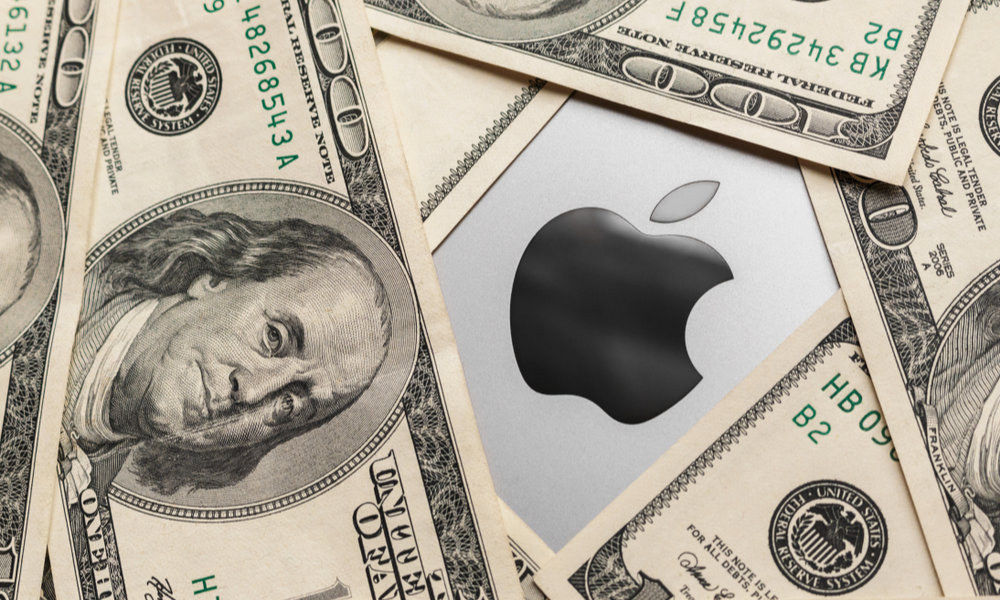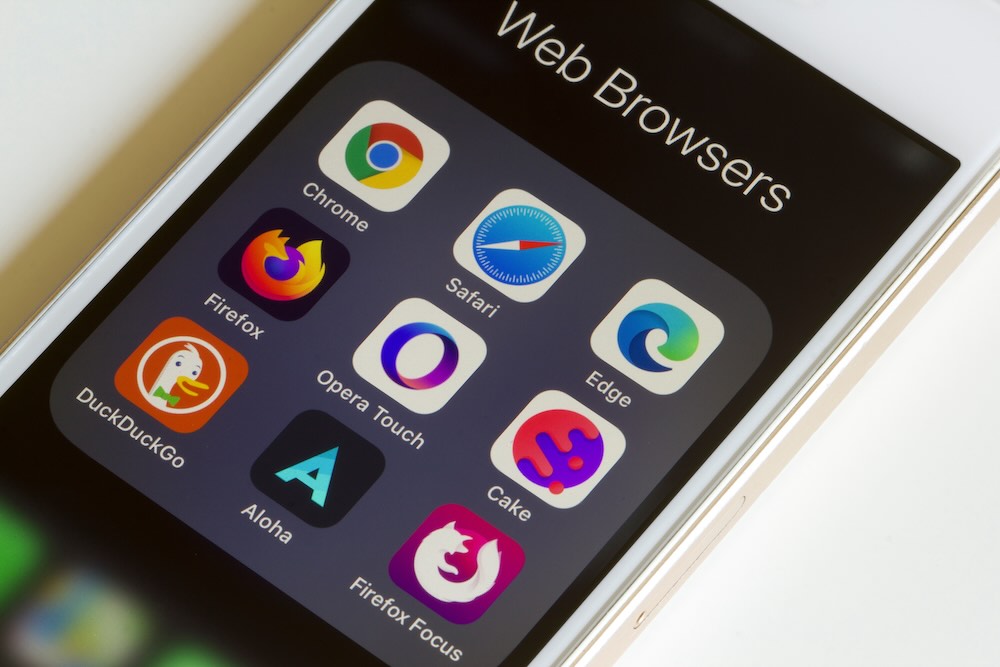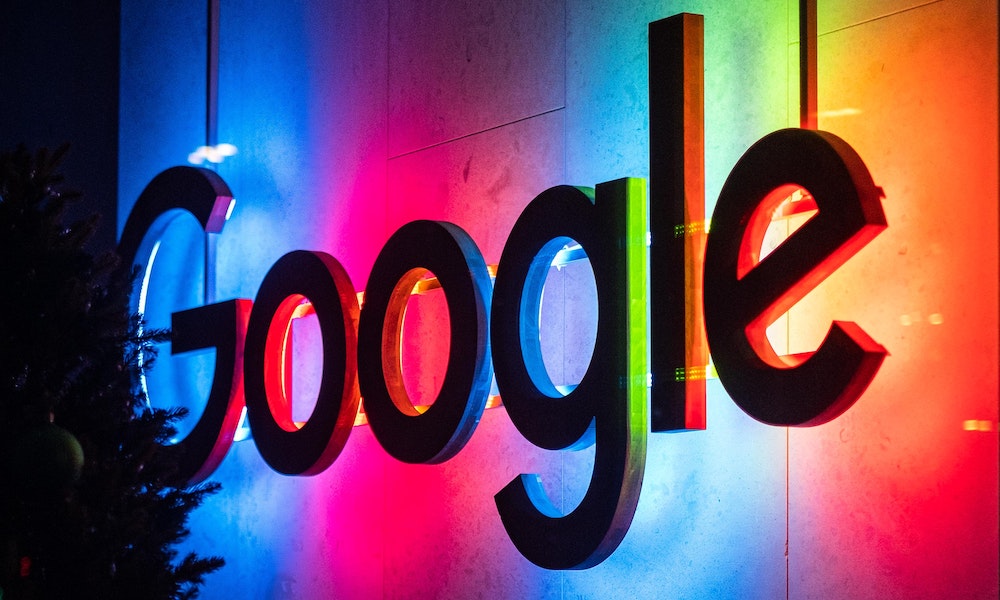Google Breakup Could Hit Apple’s Bottom Line
 Credit: Alex Dudar
Credit: Alex Dudar
Toggle Dark Mode
Over the summer, a landmark four-year antitrust case against Google finally ended, with a US federal judge formally ruling that Google is a monopolist.
While the consequences of that decision hadn’t been set at the time, the US Department of Justice (DoJ), which pursued the case against the search giant, has now come forward with a plan to undo Google’s monopoly power that could also seriously impact Apple’s services revenue.
While the DoJ’s plan extends much farther, including a recommendation to reduce Google’s power by breaking it up into smaller components, a crucial part of the antitrust case involved the multi-billion dollar search deal between Apple and Google.
Despite the differences that have often surfaced between the two companies, Google and Apple have had a very cozy business relationship in at least one area since the first iPhone launched; Google has always been the default search engine in Google. Other early aspects of the relationship fell by the wayside over the years, including the Apple-built YouTube app and Google Maps powering Apple’s Maps app. However, the search engine placement has remained a foundational part of Apple’s ecosystem. If you bought a new iPhone, iPad, or Mac, you’d be using Google to search in Safari unless you specifically chose another option.
Apple’s $20 Billion Incentive
Like most business arrangements, Apple wasn’t doing this entirely out of the goodness of its heart. Google paid good money for the privilege of ensuring that its search engine would be at the forefront of iPhone users’ minds. It’s not entirely clear how the deal began, but by 2020, Google was paying Apple somewhere between $8 and $12 billion per year, and estimates from testimony in the antitrust case suggest that’s risen to around $20 billion.
It’s not a surprising amount of money when you consider that Apple’s Safari browser may very well be the most valuable piece of digital real estate in the world. It’s preinstalled as the default (and only) browser on nearly two billion Apple devices, and most folks don’t even know they can change their search engines, so they end up using whatever’s the default. Others have tried to bid for the spot, but Google always outbids its rivals, which is likely why the money it’s handing to Apple keeps increasing.
During the DoJ case against Google, Apple’s Senior VP of services, Eddy Cue, who would be a key player in brokering the deal, told the court that there’s no anti-competitive behavior as Apple believes Google provides its customers with the best option. However, this isn’t a flat-rate deal but rather a revenue-sharing agreement; the case revealed that the estimated $20 billion is based on a 36 percent share of what Google makes from searches performed in Safari.
From the court’s perspective, Google and Apple had entered into an anticompetitive arrangement due to the exclusivity of placing Google search ahead of all others on the iPhone. However, it wasn’t just Apple; Google had been doing the same with other firms like Samsung and Mozilla to ensure it remained the only search engine that most folks knew about.
The DoJ successfully argued in court that customers are unlikely to switch to a competitor on their own, and companies like Apple have no incentive to encourage their users to do so or come up with their own search engines.
Since the Google deal is a revenue-sharing agreement, Apple loses money when an iPhone, iPad, or Mac switches away from Google to another default search engine in Safari.
Hence, one of the four things the DoJ is looking for to remedy Google’s anticompetitive power is prohibiting these kinds of deals. If the judge agrees to this request, that could spell the end of the existing agreement between Apple and Google, reducing Apple’s revenue by around $20 billion annually.
That would be shown as an increase in Apple’s “Services” revenue, which hit $24.21 billion in the last quarter. That ultimately won’t be a massive dip in Apple’s numbers, as the estimated revenue from the deal is annual, not quarterly, but it still could be enough to push it back below the $20 billion mark — the threshold it first crossed in Q1 2023.
Breaking Up is Hard to Do
For Google, losing the ability to make search deals with Apple and the rest will likely be the least of its problems. The DoJ is also proposing “structural remedies,” which is legal and antitrust-speak for breaking a large company up into separate entities to reduce the ways in which different elements can conspire to push out competition.
While the nature of such a “structural” change hasn’t been entirely laid out, the DoJ suggests that Google might be required to sell off parts of its business like the Chrome browser, the Android operating system, and the Google Play store to keep it from using these services to give it an unfair advantage over its competitors.
For example, Chrome not only allows Google default search engine placement but also feeds the Google machine with a great deal of data. Google has been “encouraging” Apple users to switch to Chrome for years since it keeps 100% of the revenue for searches made in its own browser and doesn’t have to deal with Apple’s annoying privacy policies that prevent it from collecting data. Apple’s privacy policies have always been one of the key contentions between the two companies; Apple’s refusal to give up customer data to Google was the reason it dropped Google Maps and rolled out Apple Maps.
For its part, Google has responded to the DoJ’s proposals that splitting off Chrome or Android would “break them” and that forcing Google to share its search data with competitors (another part of the DoJ’s proposed remedies) would be a risk to privacy and security. Google collects a lot of data from users of its services, but it also does its best to protect that data. Reasonable minds can disagree on whether its reasons for doing so are altruistic or it simply wants to protect its golden goose. Still, it doesn’t change the fact that Google has strict security standards that other companies it would be forced to share its data with might have a hard time meeting.
Still, the counter-argument is that it’s better to collect no data at all. Apple’s agreement with Google may seem like a deal with the devil by exposing its customers to Google’s search engine and its questionable data collection practices. However, Apple reportedly has more confidence in Google’s policies than those of privacy-focused alternatives like DuckDuckGo, which Apple executives believe is less transparent about its practices and still uses Microsoft’s Bing on the back end.
Apple has also carefully negotiated its search deal with Google to ensure the privacy of its users isn’t compromised more than necessary. This includes encrypting and anonymizing searches made from Siri and Safari and allowing users to search from Apple devices without forcing users to log in.











